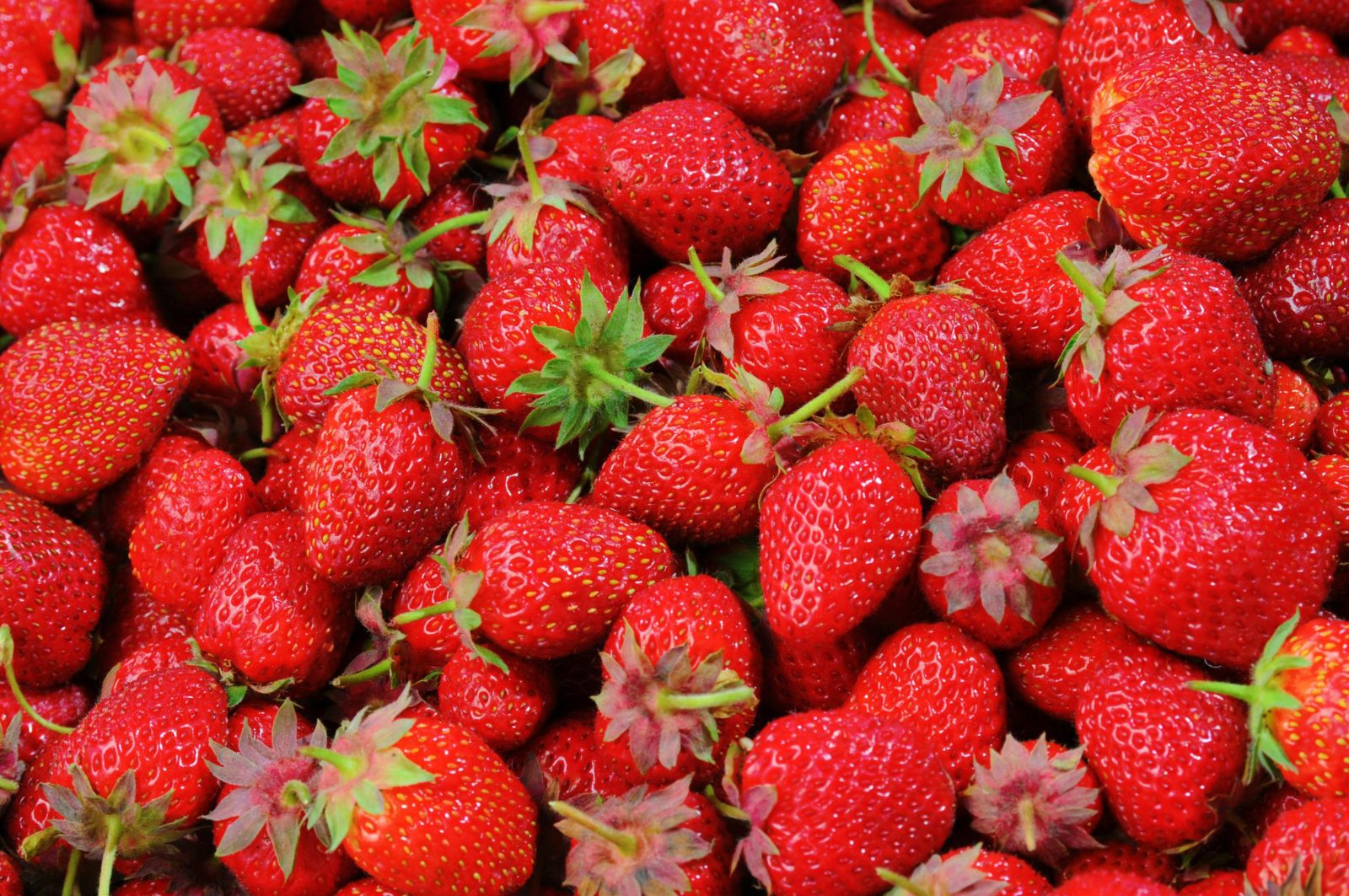In a surprising turn of events, the Czech Republic has been experiencing a significant reduction in the cost of groceries. The rate of inflation in the Czech Republic has slowed to the lowest level since December 2018, with the February rise in consumer prices reaching two percent. According to the Czech National Bank, this has been possible primarily due to nearly a five percent reduction in the cost of food. However, items related to housing and services are still more expensive than they were a year ago.
Eggs have fallen in price by almost a third compared to last February, while flour and semi-skimmed long-life milk have become more than a fifth cheaper, as has sugar. Poultry meat is about 16% cheaper than it was a year ago. For instance, ten eggs were sold on average for 37.80 CZK in February, and chicken breast cutlets cost 130 crowns per kilo.
In contrast, some types of vegetables have become more expensive lately. For example, potato prices have almost doubled, selling on average for 24.50 CZK per kilo. Last February, a kilo of potatoes cost 16.50 CZK.
This year’s slight overall reduction in food prices in stores is due to a decrease in value-added tax from 15% to 12% and a drop in purchase prices from farmers. Despite this, some believe that food prices will likely slightly increase for the entire year, possibly returning to the levels before the COVID-19 pandemic.
While overall food prices have decreased, most other categories’ costs continue to rise. Compared to last February, Czechs have had to pay more for housing, with rental prices increasing by nearly seven percent, water and sewer costs rising by more than a tenth, and electricity by about 13%. In contrast, natural gas prices have decreased by 5.5% year on year.
The Central Bank of the Czech Republic expects an average inflation of 2.6% this year. “From the central bank’s perspective, it is clear that a new space is opening for a reduction in interest rates,” said Comfort Finance Group analyst Vladimír Pikora.





